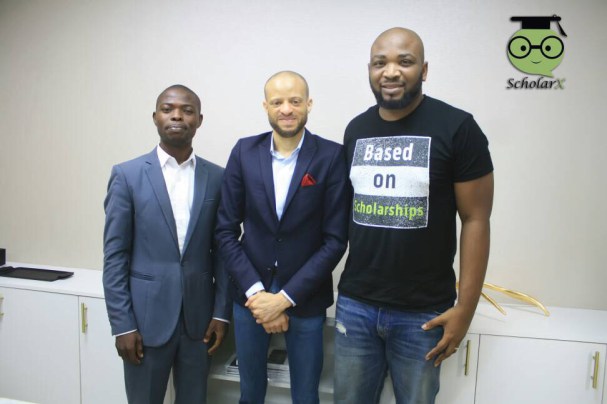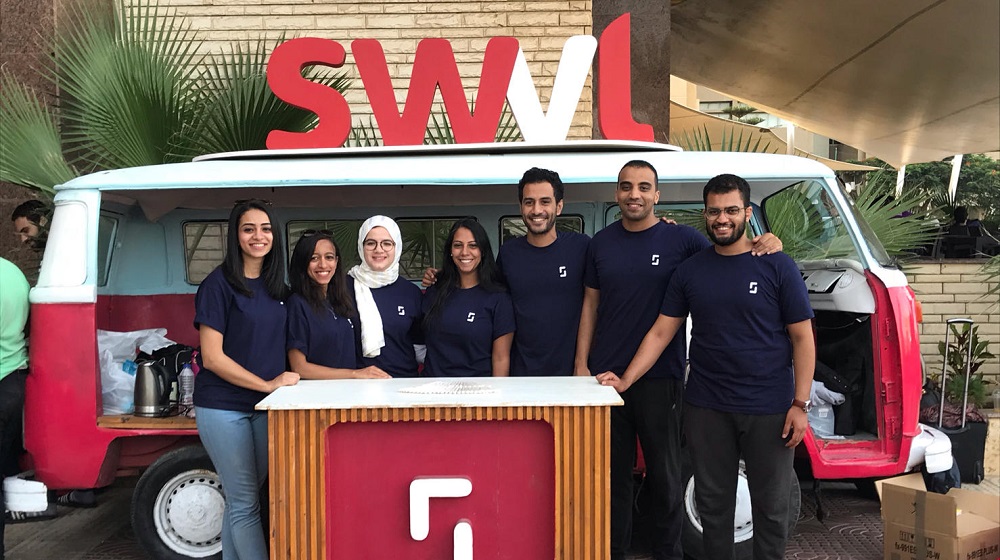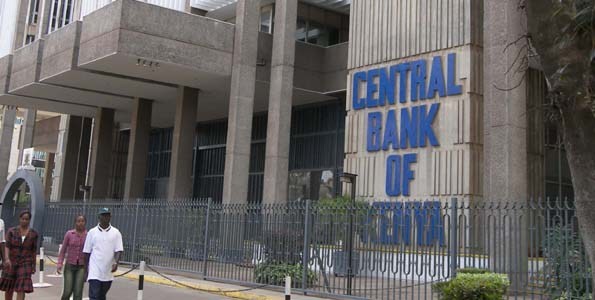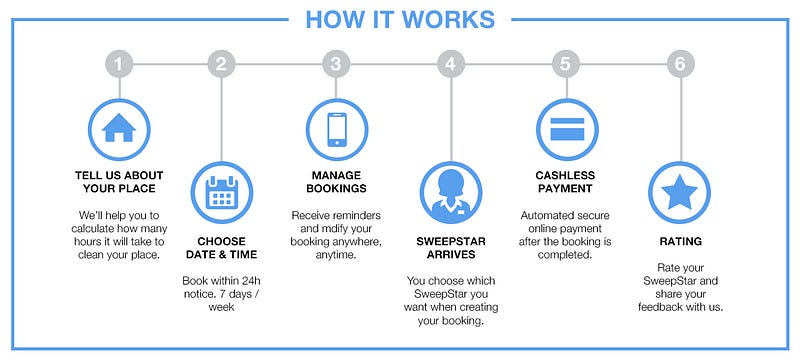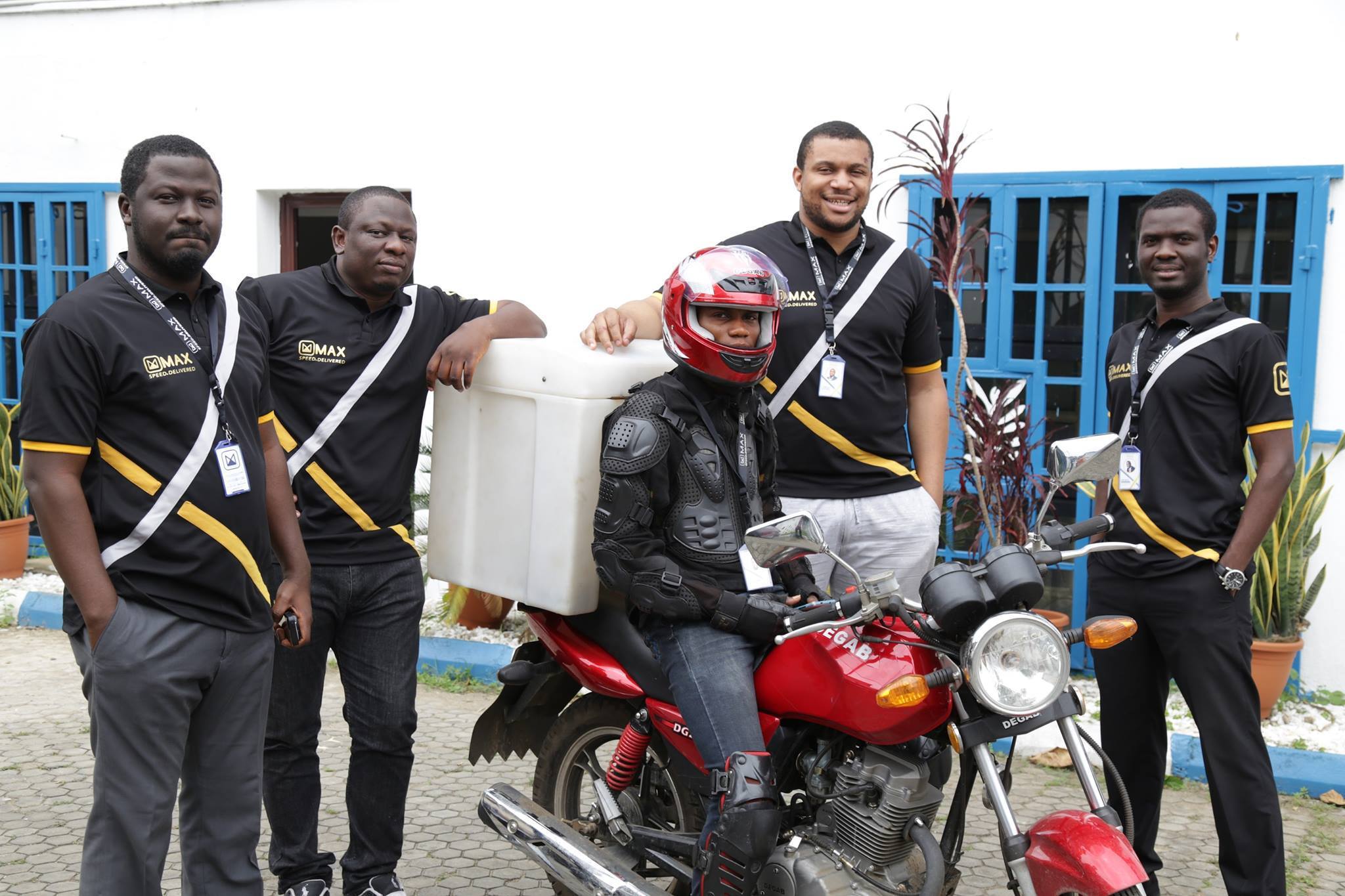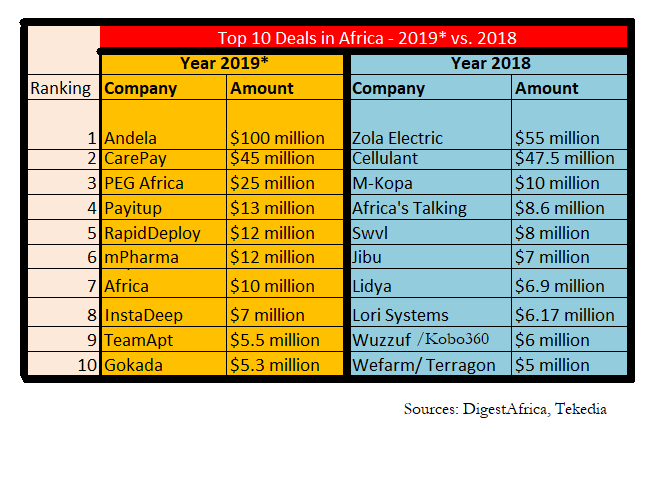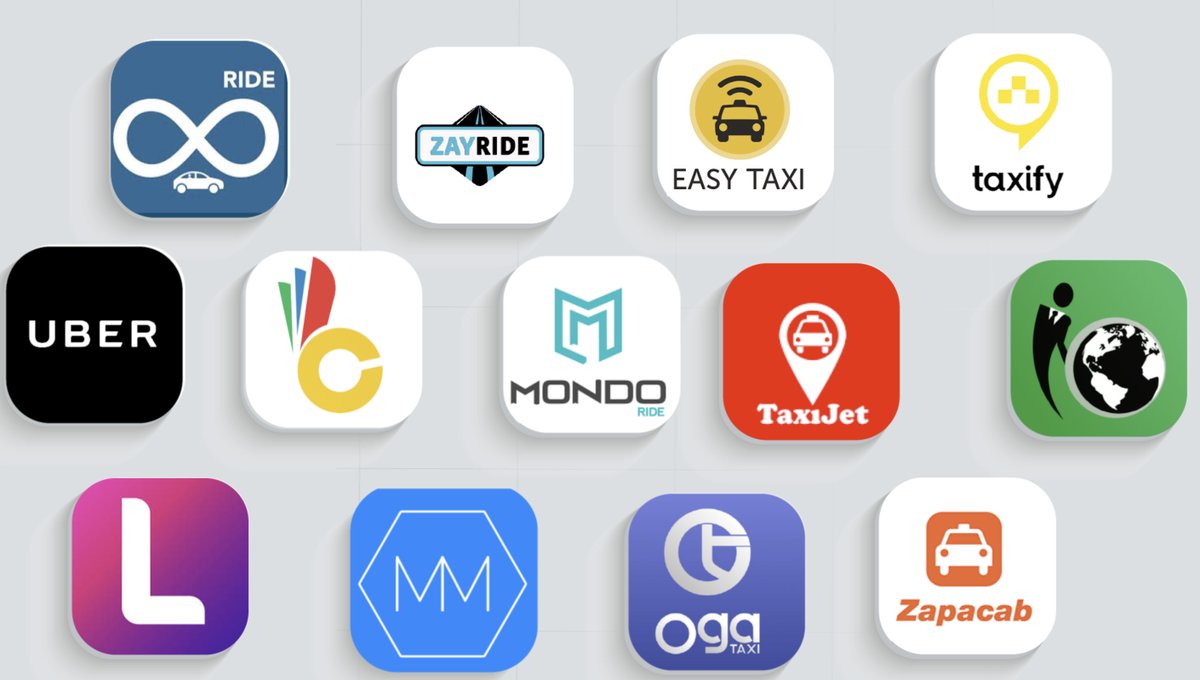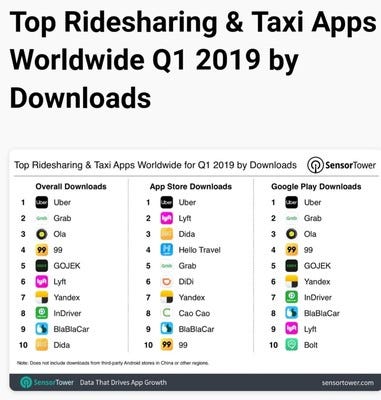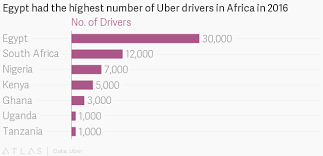Nigerian Solar Energy Startup Anergy Raises USD 9 Mn To Scale Operations
Startups in Nigeria do not seem to be leaving any stones unturned. Nigerian based solar energy distribution startup, Anergy has raised 9 million (NGN3.2 billion) in Series A to fund its commercial growth with new business models, improve on partnership avenues, and expand its activities.
The Funding At A Glance
- The funding round was led by Breakthrough Energy Ventures, while Shell-funded All On Energy, the European Union-backed ElectriFI and the Norwegian Investment Fund for Developing Countries (Norfund) participated in the capital injection.
- Founded in 2014 by Femi Adeyemo and Kunle Odebunmi, Anergy provides solar power systems to homes and businesses, with a special focus on companies spanning the hospitality, education, financial, agriculture, and healthcare industries.
- In the last half-a-decade, the startup claims to have installed over 2 MW of clean energy solutions for more than 2,000 clients.

Funding Was To Scale Operations
“We believe that energy needs in Nigeria have surpassed rudimentary requirements of low power utilization and our product offerings are solving for reliability and not just access,” says CEO Femi Adeyemo, Anergy
“ElectriFI, an EU-funded access to energy impact facility, is thrilled to join such a strong group of investors backing visionary entrepreneurs who will positively impact thousands of local businesses in Nigeria,” said Dominiek Deconinck, ElectriFI Fund Manager.
What Anergy Does
- Anergy’s distributed energy systems leverage the amalgamation of solar power, superior storage solutions, and proprietary remote management technologies. The startup uses this to deliver scalable, reliable, and affordable solutions designed to address the problems associated with intermittency and grid unreliability.
“Arnergy inherently understands the West African market and its need for power reliability. Creating accessibility to reliable renewable energy sources is paramount to economic growth in this region.With Arnergy’s technology, we can significantly decrease carbon emissions, and it’s a model that can be replicated all over the developing world,” said Carmichael Roberts of Breakthrough Energy Ventures.
What Attracted Investors To The Startup

The startup got the investment because, according to Mark Davis, EVP Clean Energy from Norfund,
“Access to clean and stable energy is a prerequisite for job creation and development.’’
Davis said Norfund is proud to support the expansion of Arnergy which will provide Nigerian households and businesses on a weak-grid connection with a cheaper, cleaner and more reliable power solution to meet their daily needs.
‘‘ElectriFI, an EU-funded access to energy impact facility, is thrilled to join such a strong group of investors backing visionary entrepreneurs who will positively impact thousands of local businesses in Nigeria,” said Dominiek Deconinck, ElectriFI Fund Manager.
Charles Rapulu Udoh

Charles Rapulu Udoh is a Lagos-based Lawyer with special focus on Business Law, Intellectual Property Rights, Entertainment and Technology Law. He is also an award-winning writer. Working for notable organizations so far has exposed him to some of industry best practices in business, finance strategies, law, dispute resolution, and data analytics both in Nigeria and across the world.


